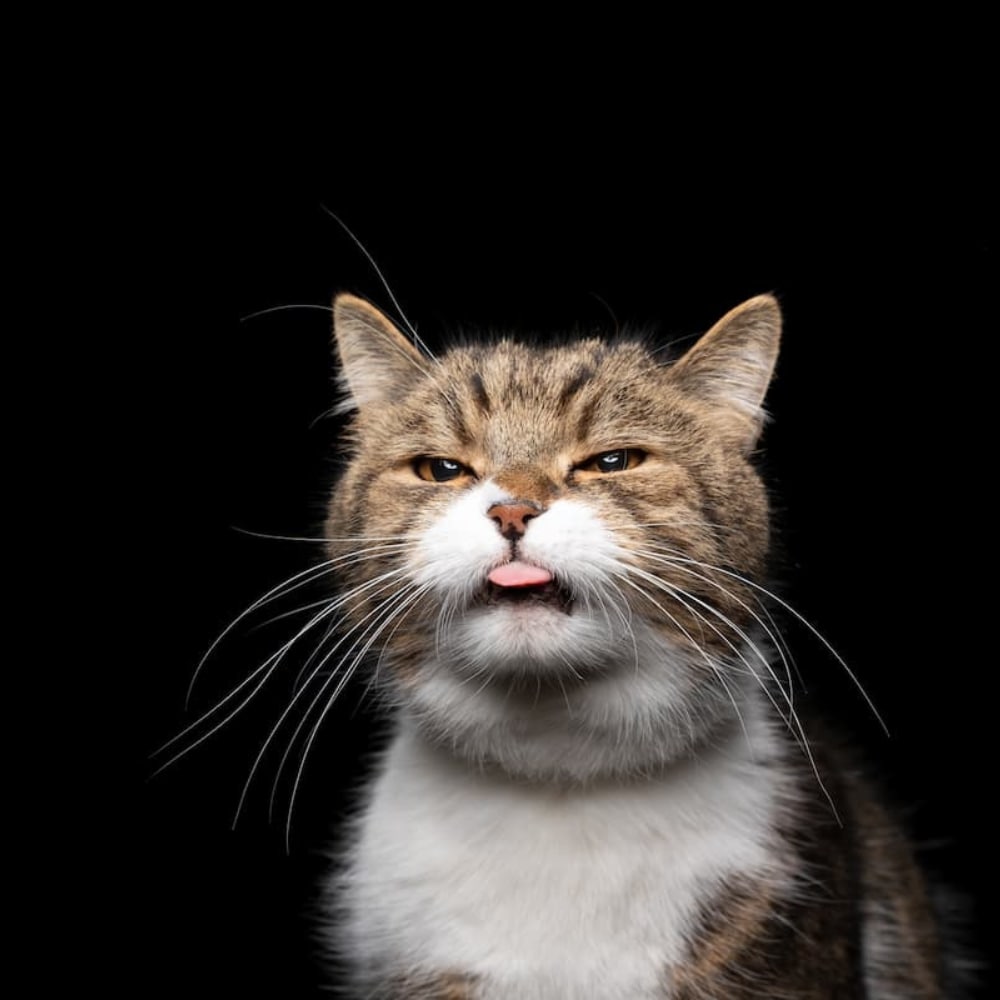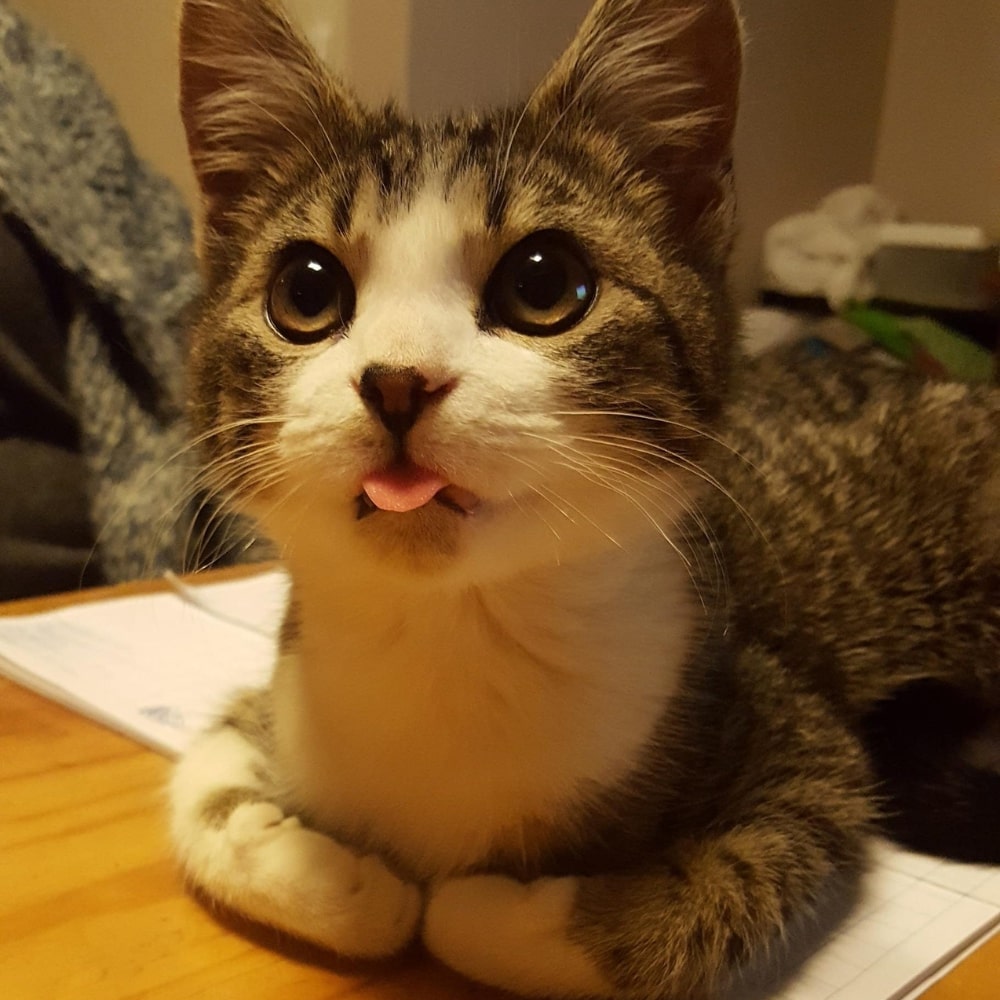
Cats have a reputation for their mysterious and often quirky behaviors, and one of the most adorable yet puzzling actions is when a cat sticks out its tongue — a phenomenon often referred to as “blepping.” If you’re a cat owner, you may have witnessed this endearing display at some point, leaving you wondering about the reasons behind it.
What Is a “Blep” Exactly?
The term “blep” was popularized on the internet to describe the act of a cat (or sometimes a dog) sticking out just the tip of its tongue, typically with its mouth closed. Unlike panting or active licking, a blep involves the tongue remaining still. This behavior often gives cats an endearing, slightly confused, and utterly charming appearance. According to Dr. Mikel Maria Delgado, a cat behavior expert, cats commonly blep when they’re unexpectedly interrupted during grooming sessions. In these instances, their tongues are already out, and they suddenly close their mouths while the tongue remains protruding. It’s not necessarily a deliberate action but more of a “happy accident.” Sometimes, cats blep when they’re relaxed or distracted, adding to their overall charm.
The Curiosity Factor
Cats are inherently curious creatures, and their tongues can be tools for exploration. Amy Shojai, an animal behavior consultant, explains that cats use all their senses, including taste, to interact with the world around them.

The act of leaving their tongue out might be related to their fascination or momentary distraction while deciphering scents and pheromones from their environment.
Dental and Structural Influences
Dr. Delgado points out that some cats, particularly those who have had teeth removed, are more likely to blep because they lack the teeth necessary to hold their tongues in place.

Additionally, certain cat breeds, like Persians and Exotic Shorthairs with flatter faces, are prone to blepping due to their shallow mouths, which offer less space for the tongue to retract fully. Kittens, in their learning phase, may also blep more frequently as they figure out tongue control.
When to Take Notice
In the realm of feline conduct, a cat’s blep imparts a trace of playfulness and curiosity. Despite that, responsible pet caretaking necessitates remaining attentive to modulations in your cat’s behavior. If a cat begins blepping to a superfluous degree or exhibits other alarming signs such as drooling, refusing to eat, smelly breath, scratching the mouth region, or any other unconventional behavioral variations, seek medical attention from your vet. In extraordinary instances, consistent blepping could be a sign of oral or dental discomfort.